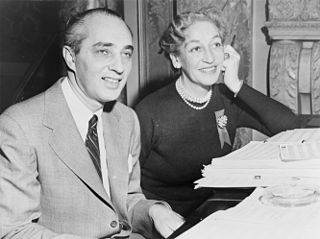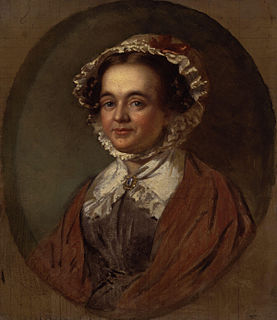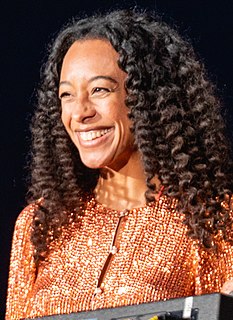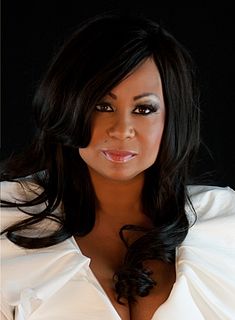A Quote by Dorothy Fields
Elizabeth Barrett Browning could write a poem two pages long. Could she have brought it to a music publisher?
Related Quotes
There's a line in The Barretts of Wimpole Street - you know, the play - where Elizabeth Barrett is trying to work out the meaning of one of Robert Browning's poems, and she shows it to him, and he reads it and he tells her when he wrote that poem, only God and Robert Browning knew what it meant, and now only God knows. And that's how I feel about studying English. Who knows what the writer was thinking, and why should it matter? I'd rather just read for enjoyment.
...she could express her soul with that voice, whenver I listened to her I felt my life meant more than mere biology...she could really hear, she understood structure and she could analyze exactly what it was about a piece of music that had to be rendered just so...she was a very emotional person, Annette. She brought that out in other people. After she died I don't think I ever really felt anything again.
I can't understand how people can settle for having just one life. I remember we were in English class and we were talking about that poem by - that one guy. David Frost. 'Two roads diverged in a yellow wood-' You know this poem, right? 'Two roads diverged in a yellow wood, and sorry I could not travel both and be one traveler, long I stood and looked down one as far as I could, to where it bent in the undergrowth-" "I loved that poem. But I remember thinking to myself: Why? How come you can't travel both? That seemed really unfair to me.
I remember when I was in graduate school and someone in workshop would say, 'I'm going to bring in a chapter of my novel.' The thought that someone could think they'd write a whole long thing... I could only see twelve pages ahead. But then I realized that if you could see twelve more after that, you can start.
I think Miss Moore was right to cut "The Steeple-Jack" - the poem seems plainer and clearer in its shortened state but she has cut too much... The reader may feel like saying, "Let her do as she pleases with the poem; it's hers, isn't it?" No; it's much too good a poem for that, it long ago became everybody's, and we can protest just as we could if Donatello cut off David's left leg.
Mother Teresa was a hero of mine for a long time. I just like the way she took on the world from a very humble place. She has a great quote. When she was leaving her monestary to start Sisters of Charity, she had two pennies. She was asked by a head priest what she could possibly do with two pennies. She said, 'Nothing. But with two pennies and God, I can do anything'.



































